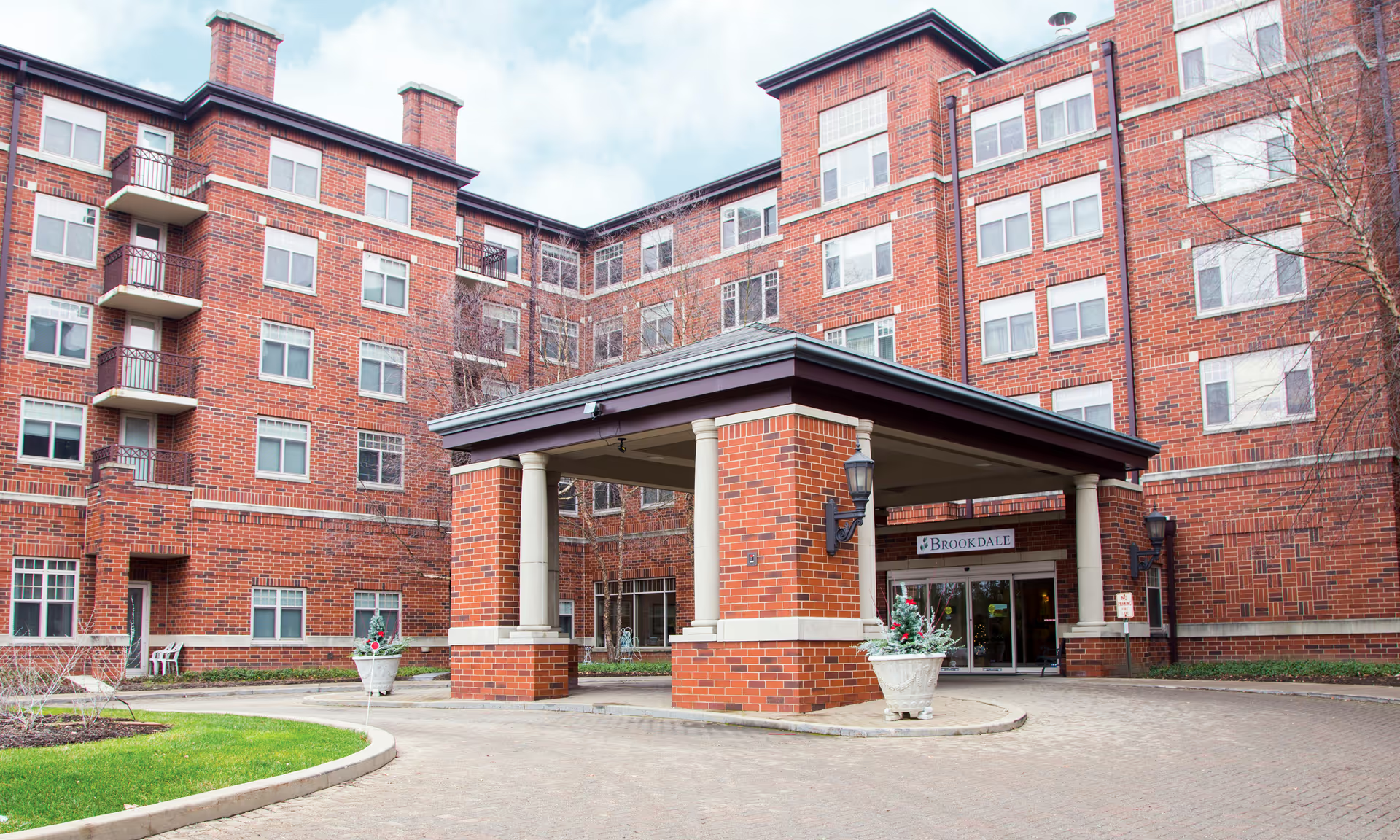Overall impression: Reviews of Ambassador, a Villa Center, are highly polarized. A substantial portion of accounts offer strong praise: many families describe compassionate, friendly caregivers, effective therapy and wound care, a clean and comfortable environment, and an active activities program. At the same time, a notable and serious subset of reviews relay consistent problems: poor hygiene and facility odors, lapses in personal care, medication errors or delays, infections and pressure injuries, theft, and alarming communication failures. These contrasting narratives create a pattern of uneven quality—excellent care for some residents and potentially dangerous neglect for others.
Care quality and medical management: Several reviewers report good nursing attention, successful rehabilitation outcomes, effective wound care and involvement of supervisors, and improved patient mood and mobility after therapy. Conversely, other reviews describe worrying clinical failures: bedsores, UTIs/septicemia, open wounds and bruises after falls, wrong medications, delayed administration of medicines, and inadequate physician contact. There are also reports of critical capability gaps—most notably that the facility is not equipped for tracheotomy/trach rehab and at least one review links rapid deterioration/death to an inspissated trach shortly after admission. Delayed hospital transfers and pickup are also cited. Overall, clinical competence appears uneven across shifts, units, and specific staff members; some patients receive skilled, attentive care while others experience neglect with serious outcomes.
Staff behavior and communication: One of the clearest themes is bifurcated staff performance. Many reviews praise individual caregivers, nurses, therapists, and administrative personnel by name for kindness, professionalism, and responsiveness; several describe staff that treat residents like family, enable family communication, and run an organized therapy program. However, numerous other reviews recount rude, belligerent, or unprofessional staff behavior including gossip, fights in hallways, profanity, and insensitivity toward residents’ needs. Communication with families is also a recurring problem for some: unanswered calls at nurses’ stations, unreturned callbacks, an unresponsive social worker, delayed COVID notifications, and general difficulty reaching supervisors. A pattern of better daytime staff performance and poorer midnight/night shifts appears in multiple reviews, as do complaints about agency staff variability and the draining effect of long 12-hour shifts on staff morale.
Facility condition and sanitation: Many reviewers describe a pleasant, clean, well-maintained facility with comfortable rooms and good maintenance staff. Yet an equally loud cluster of reviews reports serious sanitation failures: pervasive urine/feces odors, residents sitting in urine, reports of bed bugs and flies, and housekeeping not keeping rooms clean. These contradictory statements suggest strong variability in cleanliness by unit, floor, or over time, rather than consistent facility-wide performance. Such inconsistency in basic hygiene has direct ties to several clinical complaints (bedsores, infections) and raises infection-control concerns.
Therapy, activities, and resident engagement: The activities program is frequently praised: an active calendar, an engaged Activities Director (named positively in reviews), volunteer pairing, and cross-age mentorship. These social and engagement offerings are a strong positive in many accounts and appear to benefit resident mood and participation. Therapy and rehab receive mixed marks: several families credit therapy staff with meaningful recovery (walking again, arm use restored), while others report little to no therapy, empty therapy rooms, or insufficient PT/OT leading to stalled progress. This inconsistency again points to variability in staffing, scheduling, or program management.
Dining and amenities: Reports on dining are mixed. Some families find meals tasty and well-presented, while others complain about cold food, small portions, and dietary department concerns. Concierge services, helpful administrative staff, and assistance setting up virtual visits are positives mentioned in multiple reviews. Handicap parking limitations and a sometimes-long walk from parking to the entrance were noted as an occasional inconvenience.
Safety, theft, and privacy concerns: Multiple reviews detail incidents that raise safety and trust issues: theft of patient items, a phone-theft allegation, privacy invasion via an in-room camera, and residents found with untreated injuries or sitting in soiled bedding. These reports, combined with the infection and wound reports, suggest that families should be vigilant about personal possessions, wound monitoring, and the facility’s incident reporting and resolution processes.
Patterns and variability: The dominant pattern across the dataset is inconsistency. Many positive reviews highlight caring staff, good therapy, clean spaces, and robust activities; many negative reviews document the opposite—neglect, hygiene failures, poor communication, and safety incidents. Several comments suggest that care improved after staff changes or when particular supervisors intervened, implying that leadership, staffing levels, and the use of agency personnel materially affect outcomes. Night shift and agency staffing issues are recurring contributors to negative experiences.
Implications for prospective families: Ambassador can provide high-quality, compassionate care and robust programming for some residents, particularly when staffed by experienced, engaged teams. However, the frequency and seriousness of negative reports—especially regarding hygiene, infections, medication/treatment errors, communication breakdowns, theft, and inability to handle certain complex clinical needs (e.g., trach care)—warrant careful vetting. Prospective families should ask specific questions about infection control, wound care protocols, staffing ratios (especially at night), handling of personal belongings, therapy schedules and utilization, physician coverage, and recent quality or deficiency reports. Visiting at different times (including nights) and requesting references from current families on the same unit can help clarify variability.
Summary conclusion: Reviews indicate a facility capable of delivering excellent care in many cases but also reveal repeated, serious lapses that have led some families to strongly warn against placing vulnerable loved ones there. The most consistent strengths are caring individual staff members, a strong activities program, and successful rehabilitation stories. The most consistent weaknesses are hygiene and sanitation failures, inconsistent medical and therapy services, poor communication, and troubling safety/privacy incidents. These mixed findings make it essential for families to perform targeted due diligence and ongoing oversight if choosing Ambassador for a loved one.







